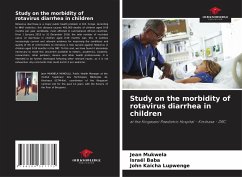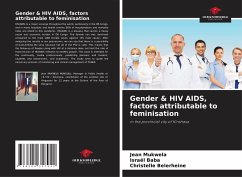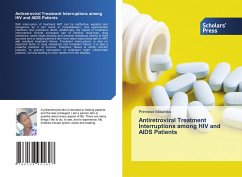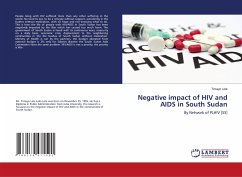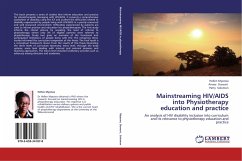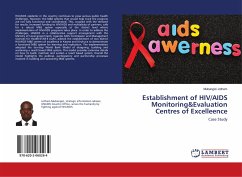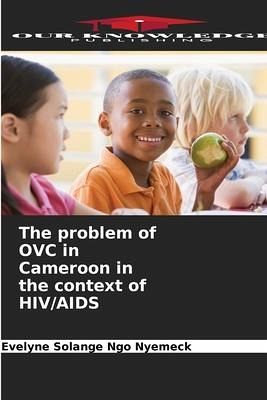
The problem of OVC in Cameroon in the context of HIV/AIDS
Versandkostenfrei!
Versandfertig in 6-10 Tagen
33,99 €
inkl. MwSt.

PAYBACK Punkte
17 °P sammeln!
This paper examines the status of children who have lost one or both parents to HIV/AIDS and how they are treated by the government in terms of protection. HIV is very severe in developing countries, particularly in sub-Saharan Africa, the region with the highest number of cases, according to estimates by UNAIDS and some organizations specializing in the fight against this pandemic. Indeed, poverty and social disintegration add to the emotional distress of the orphaned child. Factors such as loss of household income, the cost of treating HIV-related illnesses, and funeral expenses often leave ...
This paper examines the status of children who have lost one or both parents to HIV/AIDS and how they are treated by the government in terms of protection. HIV is very severe in developing countries, particularly in sub-Saharan Africa, the region with the highest number of cases, according to estimates by UNAIDS and some organizations specializing in the fight against this pandemic. Indeed, poverty and social disintegration add to the emotional distress of the orphaned child. Factors such as loss of household income, the cost of treating HIV-related illnesses, and funeral expenses often leave orphaned children destitute. The death of a parent also deprives them of learning the values they need to become socially competent and economically productive adults. Deprived of the protection of their homes, orphaned children are at increased risk of violence, exploitation and abuse. Ensuring their protection and care is crucial to solving the orphan crisis in a sustainable manner.



